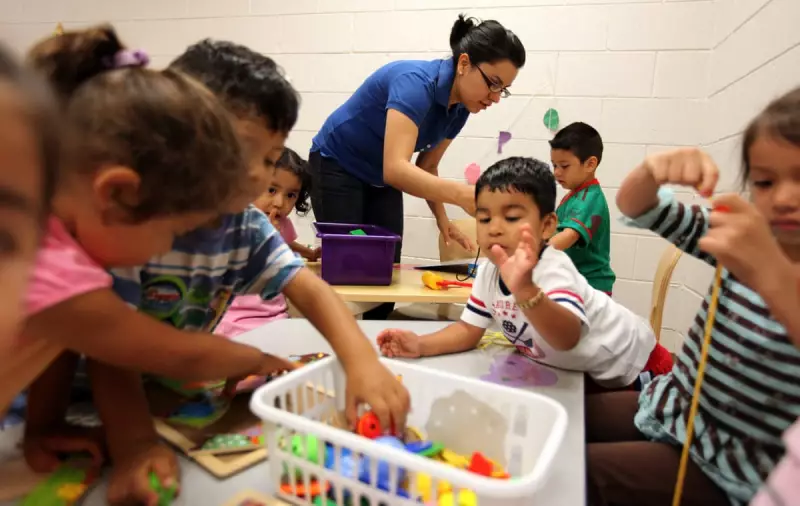
A contentious new federal proposal is poised to reshape access to vital anti-poverty programmes in the United States, potentially requiring millions of families to verify their immigration status to receive crucial support.
The initiative, which targets longstanding programmes like Head Start and the Women, Infants, and Children (WIC) nutrition scheme, has sparked intense debate about the intersection of immigration policy and social welfare.
What the proposed changes would mean
Under the potential new rules, participants in these federal programmes would face additional administrative hurdles to prove their lawful presence in the country. This represents a significant shift from current practices where such verification isn't routinely required for programme eligibility.
Head Start, which provides comprehensive early childhood education, health, and nutrition services to low-income families, has historically served vulnerable communities without imposing immigration status barriers. Similarly, WIC offers essential nutritional support to pregnant women, new mothers, infants, and young children regardless of immigration status.
The political divide
Proponents argue the measures are necessary to ensure federal resources are directed toward those legally entitled to them. They maintain that taxpayer-funded programmes should prioritise citizens and legally documented residents.
Critics, however, warn of devastating consequences for vulnerable children and families. They argue that such barriers would inevitably exclude eligible US citizen children from immigrant families and create a 'chilling effect' that discourages all immigrant families from seeking essential services.
Potential impact on communities
Advocacy groups and programme administrators express deep concern about the practical implications. Many fear that implementation would not only create additional bureaucratic obstacles but also foster fear within immigrant communities that could cause eligible families to avoid seeking help altogether.
The proposed changes come amid broader debates about immigration enforcement and social service accessibility in the United States, highlighting the ongoing tension between federal policy and local implementation.
As the discussion evolves, programme administrators, policymakers, and community advocates continue to assess the potential ramifications for some of America's most vulnerable populations.





